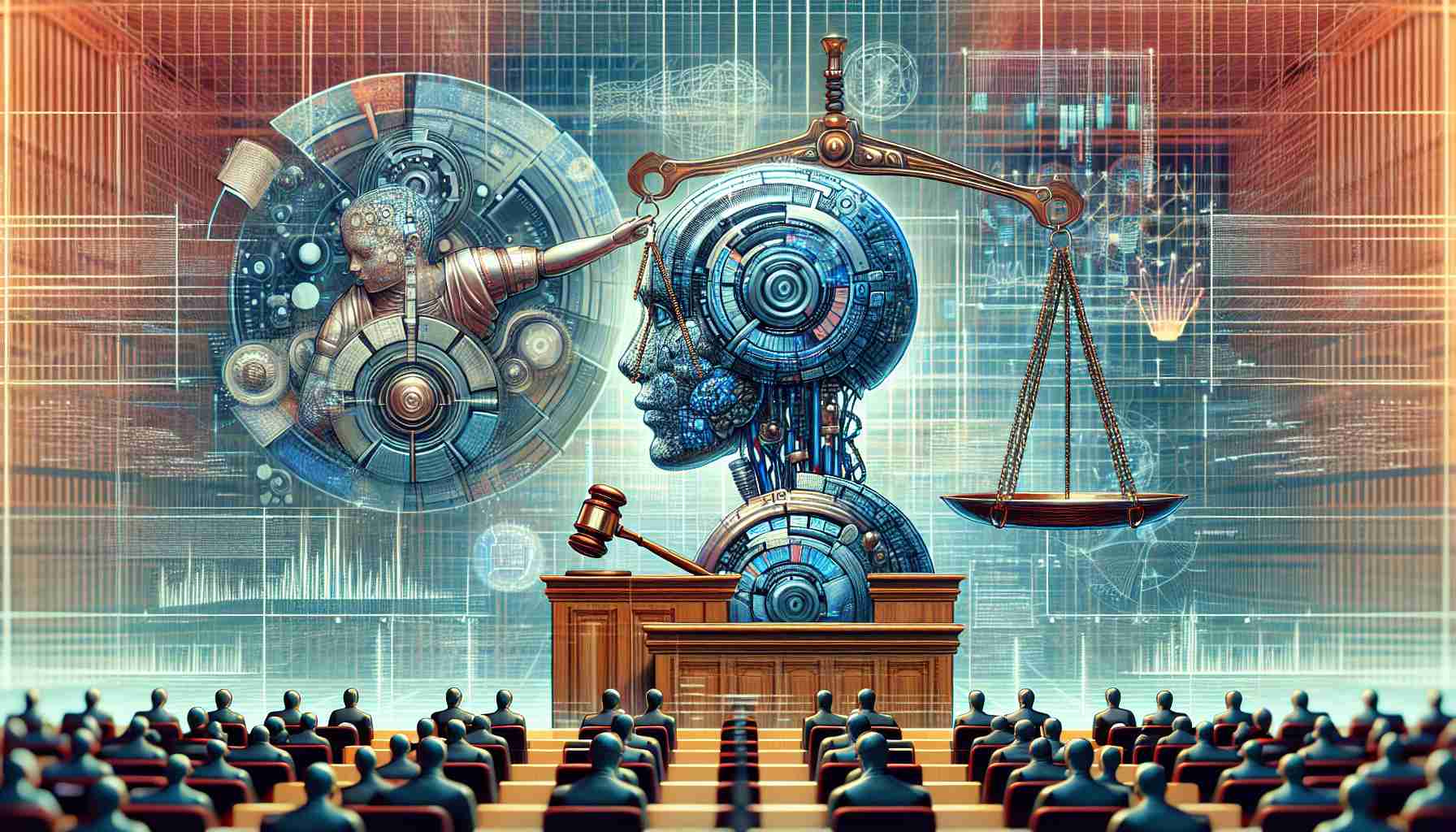In the city of Lecce, Italy, on April 22nd, the academic community will gather to delve into the complex world of artificial intelligence (AI). The discussion, hosted at the Galilei Costa Scarambone Institute, will light up the Sala Dante at 11 AM with a conversation titled “Artificial Intelligence: Opportunities, Risks, and Potential Illegality.”
The talk will see the participation of Gabriella Margiotta, head of the institute, along with esteemed guests such as Adelmo Gaetani and Rosanna Maci from the Rotary Club. They will also be joined by Magistrate Vladimiro Gloria who is set to present “Regulating Artificial Intelligence (?)” focusing on integrating legality and ethical considerations with AI technology.
This event symbolizes a partnership between the Galilei Costa Scarambone Institute and the Rotary Club Lecce Sud, addressing the broader theme of “Ethics and Legality.” According to Margiotta, this theme has pervaded all disciplines within a multimedia dimension and stands as a perfect fit within the “Legality and Ethics Culture” initiative by the Italian districts of Rotary International, aimed at nurturing an ethical conscience in harmony with the principles of legality among younger generations.
The students have engaged in this initiative by crafting diverse textual and visual narratives that explore the foundational issue of AI. Their creations represent a sincere and poignant adolescent reflection on the ethical and moral dilemmas presented by AI in real-world applications. Margiotta highlights the impressive contributions from senior students in the Optics and Dental Technology programs, as well as other groups from various grade levels.
Margiotta extends gratitude to the committed students and supportive educators, especially professors Raffaele De Giorgi, Giovanna Ghionna, and Luciana Napoli, who led the student projects to fruition.
The intersection of artificial intelligence (AI), ethics, and the law presents a web of complex questions and challenges that extend well beyond the symposium in Lecce, Italy. As AI becomes more pervasive across various sectors, these issues grow in importance and urgency.
Key questions in the domain of AI, ethics, and law include:
– How can we ensure AI algorithms are fair and do not perpetuate existing societal biases?
– What regulations should be in place to protect privacy in the age of AI-powered surveillance?
– Who holds responsibility or liability when an AI system causes harm?
Key challenges and controversies:
One significant challenge in this area is the pace of technological change outstripping the development of legal frameworks. This lag can result in uncertainty and potentially harm individuals and society. Moreover, ethical considerations often involve subjective judgments, which makes consensus and enforcement difficult.
Another controversy lies in the privacy concerns associated with AI. As AI technology becomes capable of sophisticated data analysis and decision-making, the risk to individual privacy increases. The boundaries of acceptable data usage by AI systems remain a contentious topic.
The advantages of considering AI ethics and law include:
– Promoting the responsible use of AI, which can build public trust and foster wider acceptance.
– Preventing harm to individuals and society by anticipating the downstream effects of AI technologies.
– Ensuring that AI development aligns with societal values and norms.
Disadvantages, however, also emerge:
– Over-regulation may stifle innovation and the beneficial applications of AI.
– There could be a disproportionate impact on smaller companies or startups that may not have the resources to fully comply with complex legal requirements.
– Balancing between different ethical perspectives is challenging and may lead to compromises that satisfy no one fully.
For those interested in further exploring the intersection of AI, ethics, and the law, the following are valuable resources for information and research on this topic:
– Institute of Electrical and Electronics Engineers (IEEE)
– Association for Computing Machinery (ACM)
– European Commission – Justice and Consumers
– American Civil Liberties Union (ACLU)
These organizations are engaged in ongoing discussions or have initiatives related to the ethical deployment of artificial intelligence and the development of legal frameworks in this context.
The source of the article is from the blog crasel.tk

